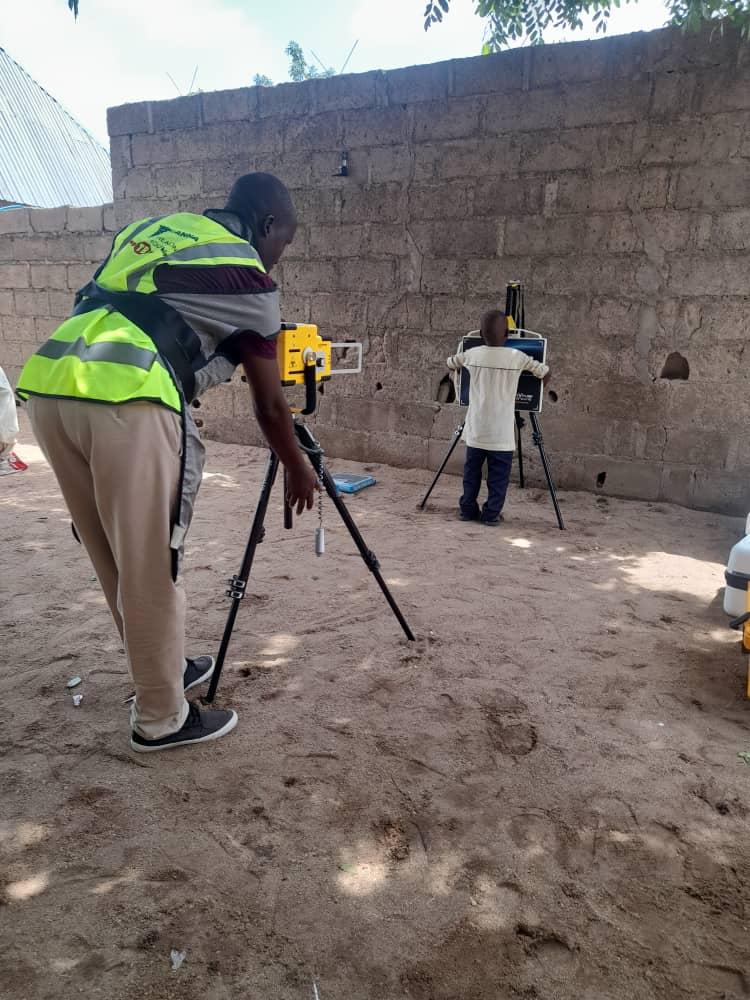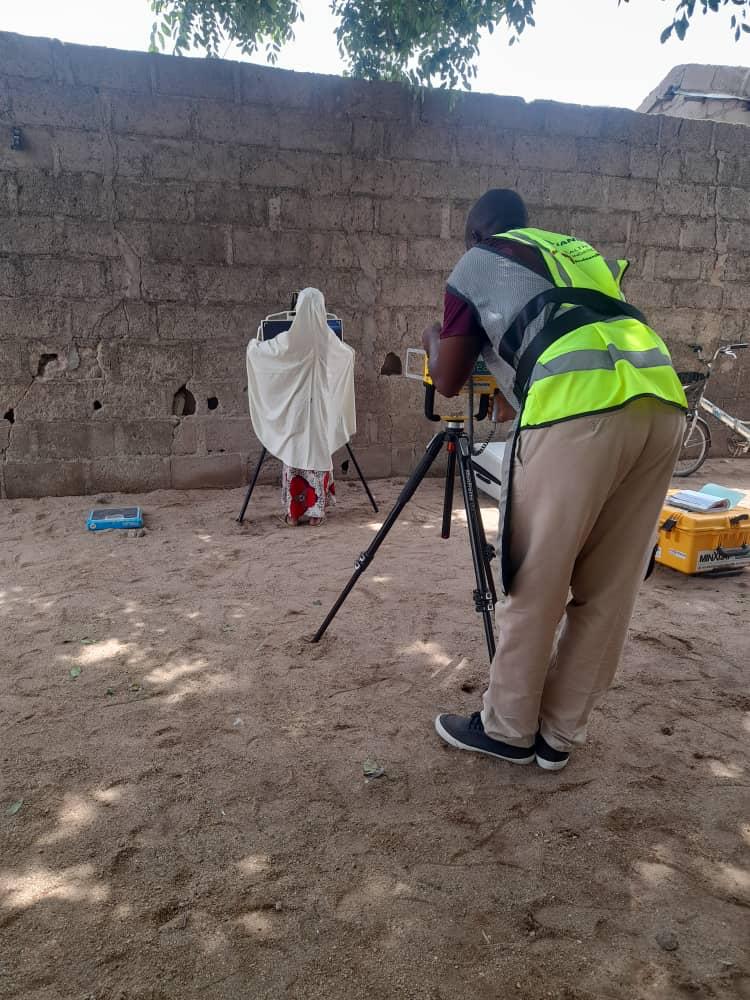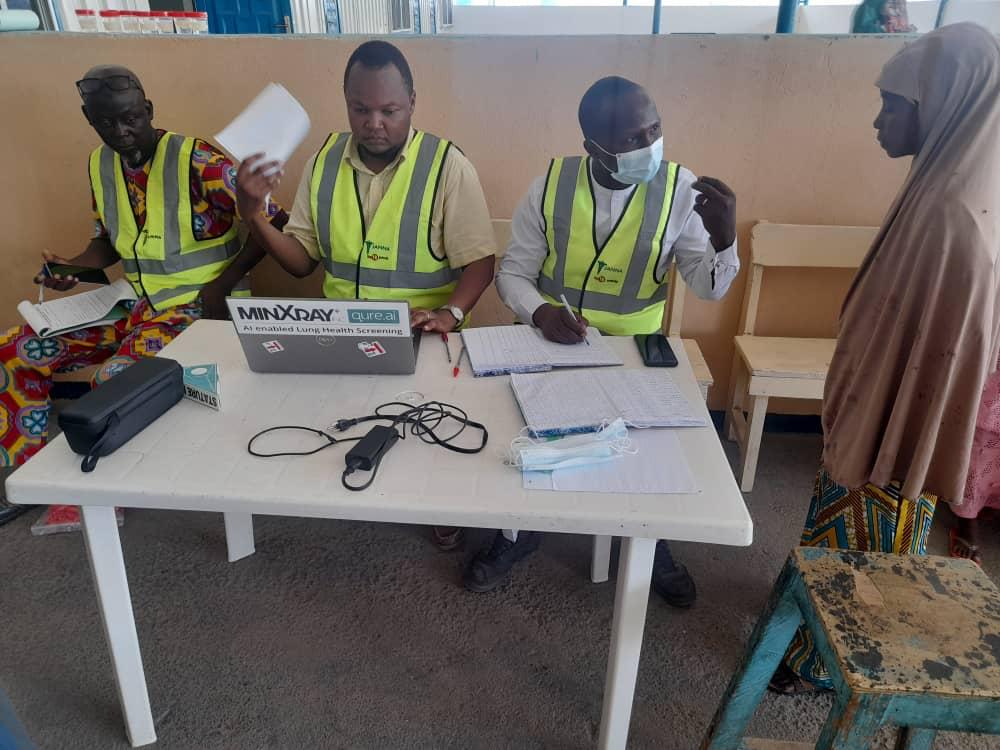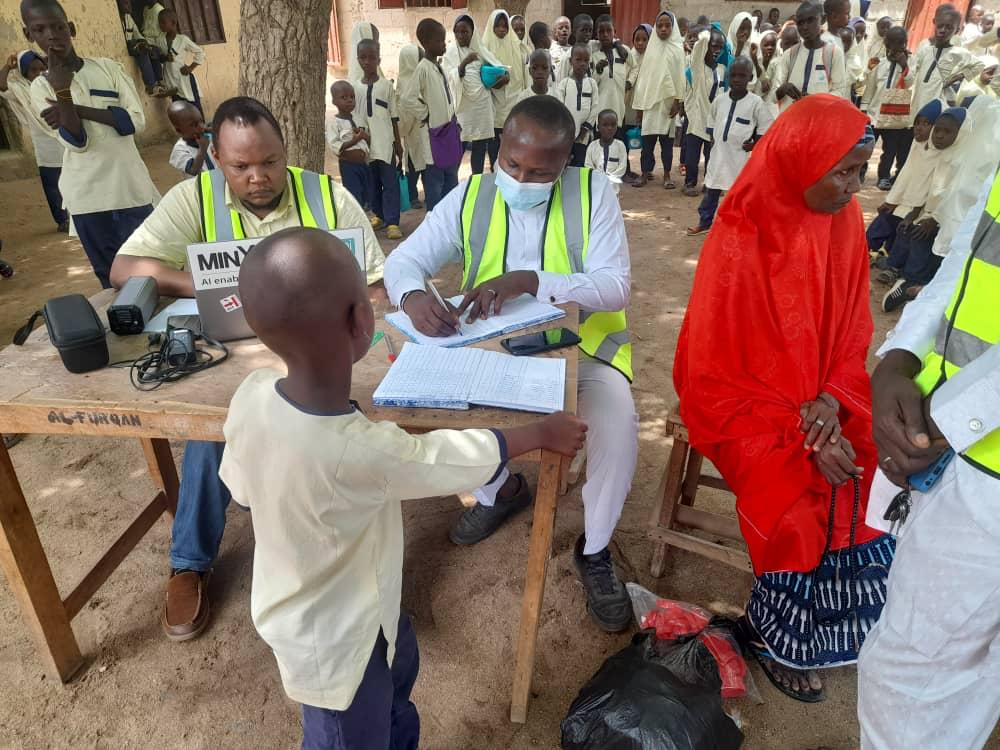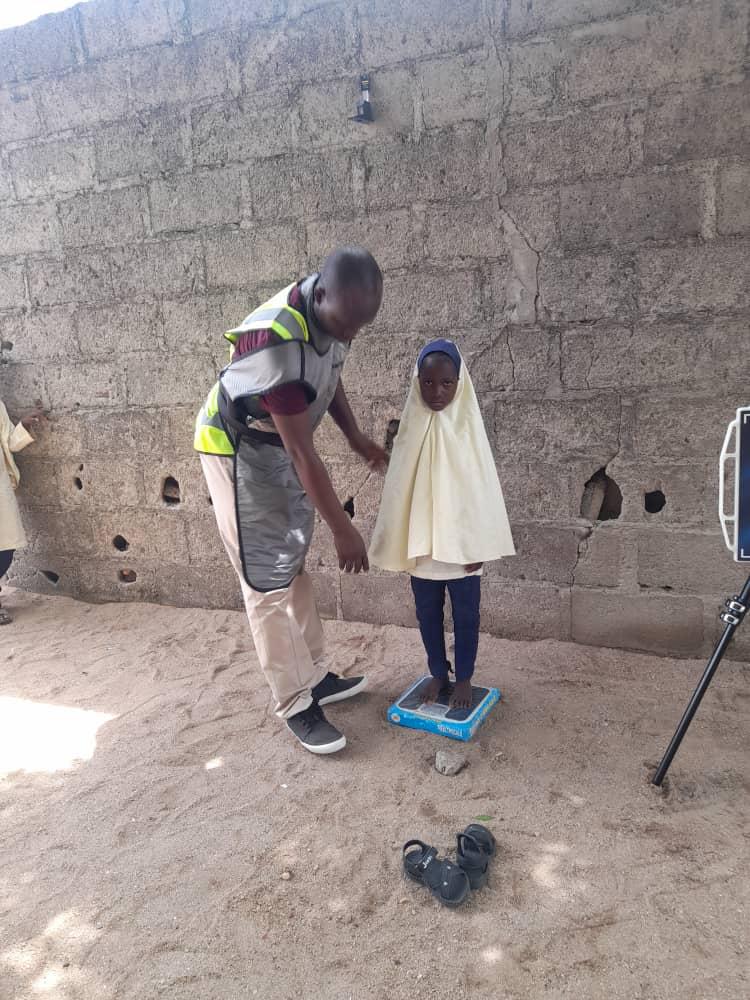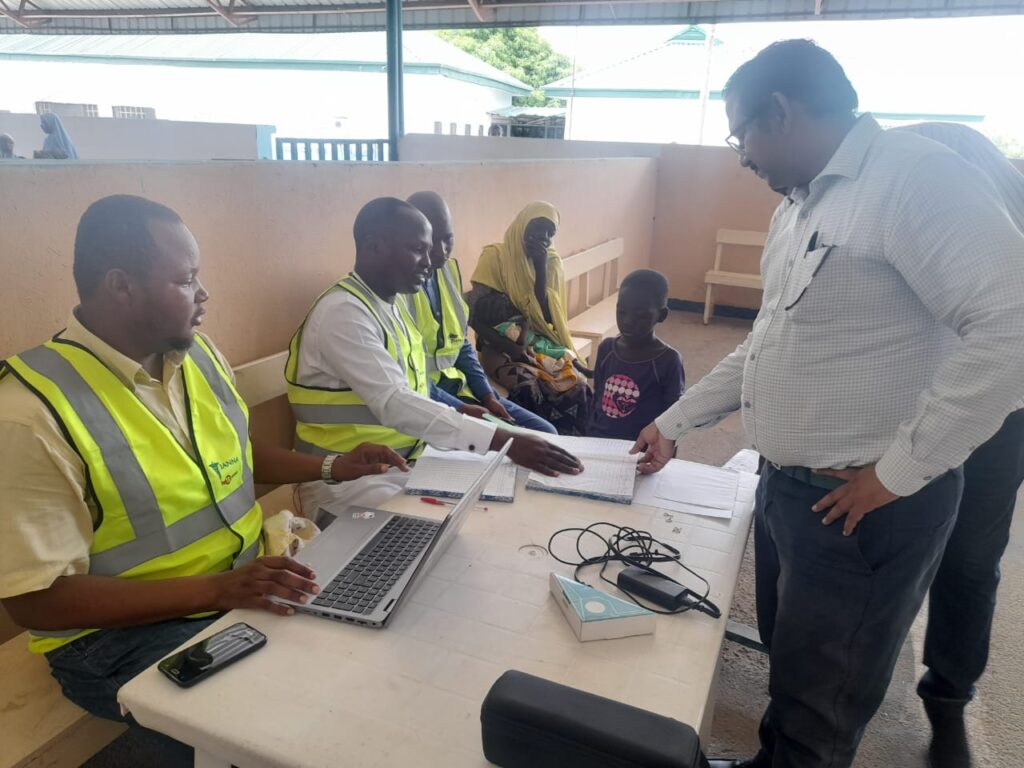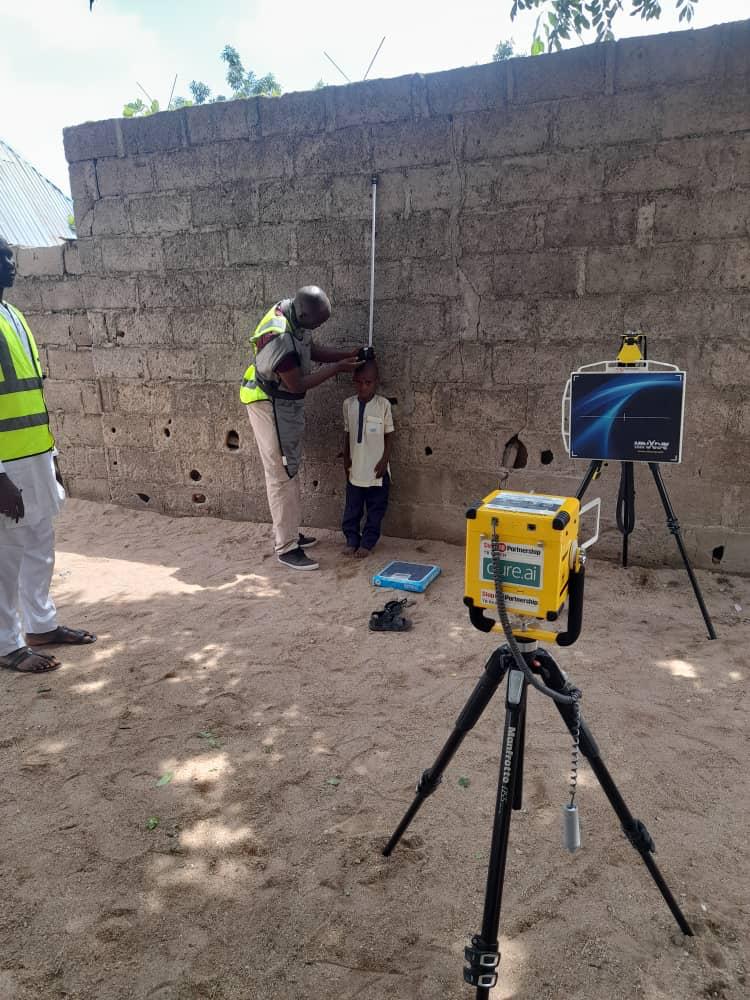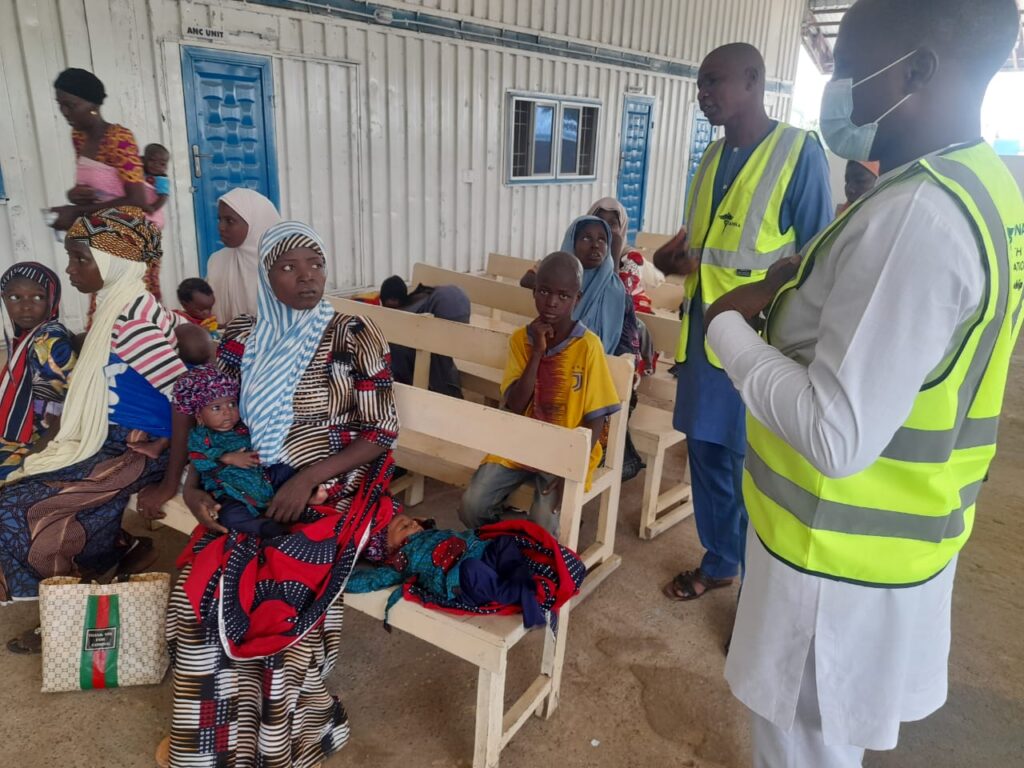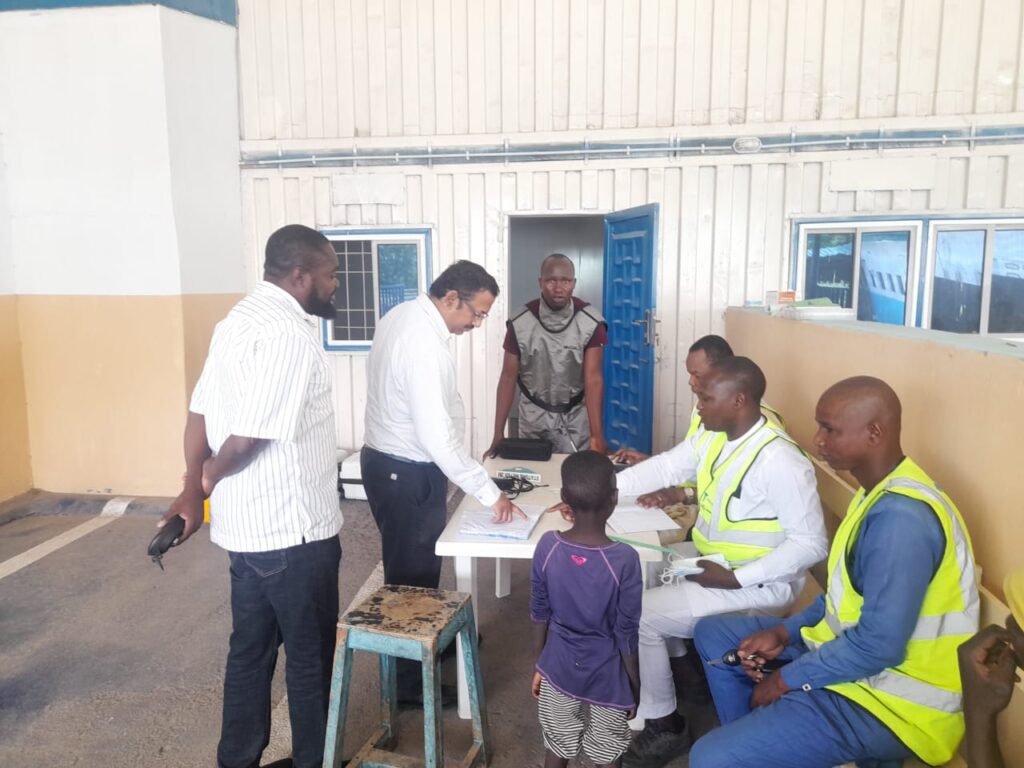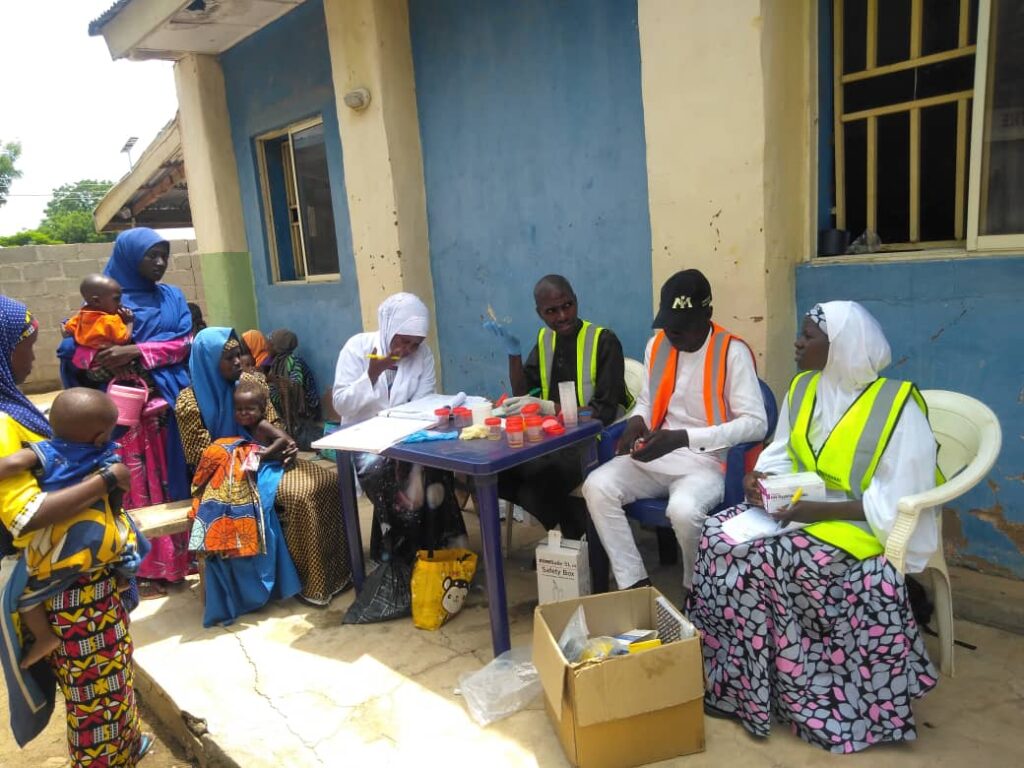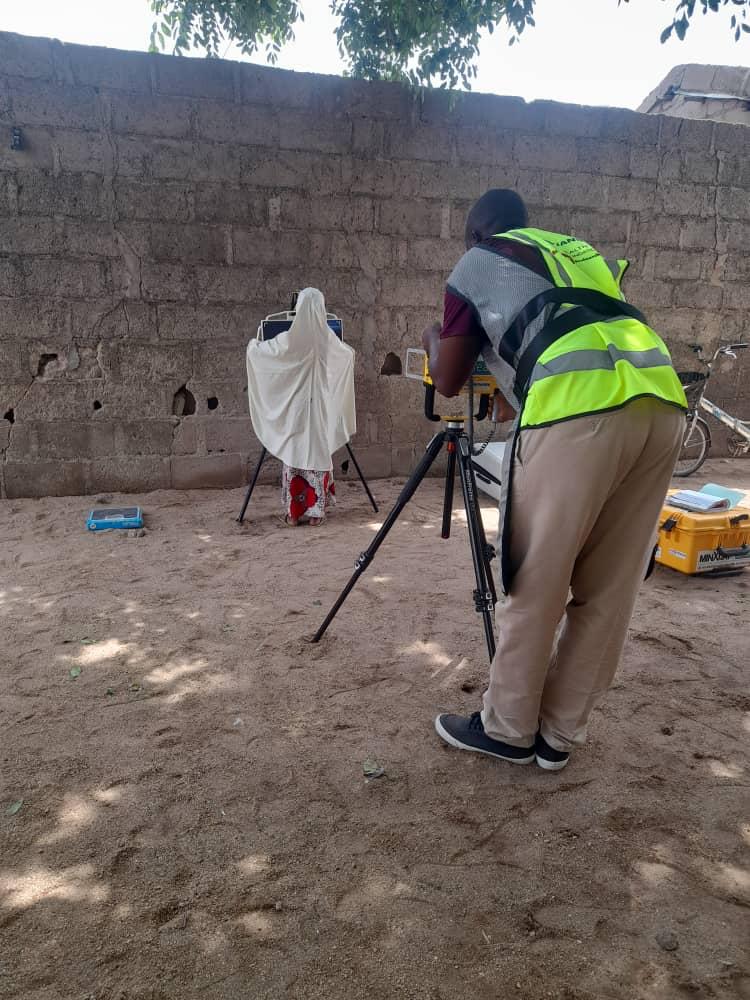Both malnutrition and tuberculosis are serious health issues that require proper attention and care.
Malnutrition: Malnutrition occurs when the body doesn’t receive adequate nutrition, usually due to a lack of essential nutrients. It weakens the immune system and makes individuals more susceptible to infections and diseases. Malnourished children often experience stunted growth, weight loss, fatigue, and weakened overall health.
Tuberculosis (TB): Tuberculosis is an infectious disease caused by the bacterium Mycobacterium tuberculosis. It primarily affects the lungs but can also affect other parts of the body. TB spreads through the air when an infected person coughs or sneezes. Symptoms of TB include persistent cough, chest pain, fatigue, weight loss, fever, and night sweats.
When a malnourished child contracts tuberculosis, their condition becomes even more critical. The combination of malnutrition and tuberculosis weakens the immune system and can lead to severe complications.
To address this situation, it’s crucial to take the following steps:
- Medical care: Seek immediate medical attention for the child. A healthcare professional will conduct tests to diagnose tuberculosis and provide appropriate treatment. They may prescribe antibiotics to treat the infection.
- Nutrition support: In addition to tuberculosis treatment, it’s important to address the child’s malnutrition. A healthcare professional, such as a pediatrician or a nutritionist, can develop a comprehensive plan to improve the child’s nutrition. This may involve a balanced diet, nutrient-rich foods, and, in severe cases, therapeutic feeding programs.
- Directly Observed Therapy (DOT): Tuberculosis treatment often requires a long course of antibiotics. It’s crucial to ensure the child completes the full course of treatment to effectively cure the infection. Directly Observed Therapy (DOT) is a strategy where a healthcare worker or family member supervises and ensures the child takes their medication as prescribed.
- Supportive care: The child may require additional supportive care to aid their recovery. This may include regular check-ups, monitoring of nutritional status, and addressing any complications or side effects that may arise from the tuberculosis treatment.
It’s important to involve healthcare professionals in the child’s care to ensure proper diagnosis, treatment, and nutritional support. Additionally, maintaining good hygiene practices and taking precautions to prevent the spread of tuberculosis within the household or community is essential.
Upon the activity, 32 cases were found of which 4 among them were positive with TB. Treatment for the cases were commenced immediately.

